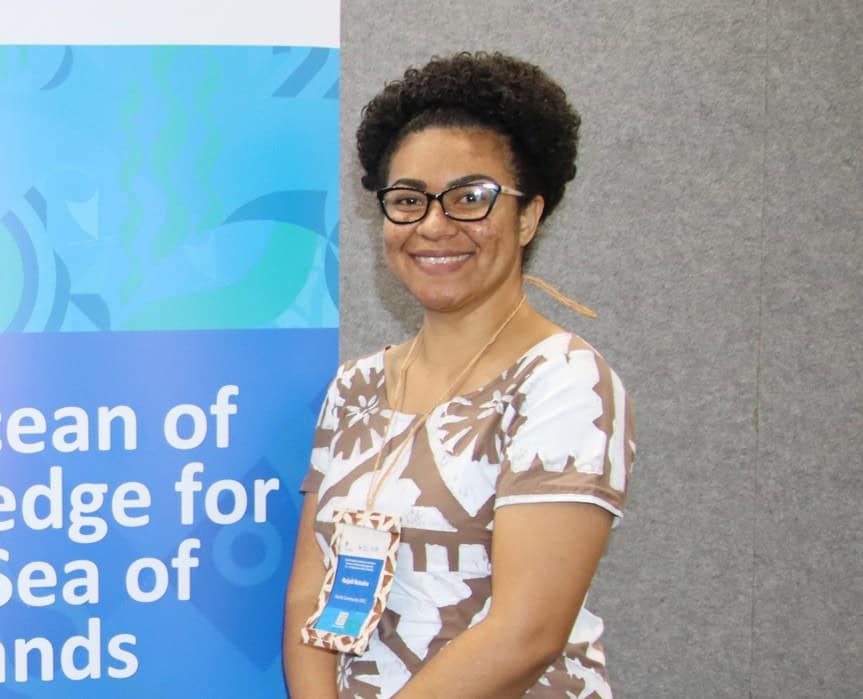By Report 3,VILIAME TAWANAKORO
Copyright islandsbusiness

A Fijian fisheries expert has revealed how women face systemic discrimination in the maritime industry, confronting traditional expectations that silence female voices and limit their professional opportunities.
Rachel Natadra shared her journey on the Pacific Way Podcast, from marginalised newcomer to confident leader, exposing deep-rooted cultural barriers preventing women’s full participation in fisheries management.
Diving into the topics of “unconscious bias” and “gender equity”, where much of this isn’t openly discussed, especially in workplaces and within the fisheries sector, but for many, it’s quite personal.
“I have experienced different attitudes from people who have been working in the sector longer than I have,” Natadra said.
“I recall when I started as a young graduate entering the workforce; I faced some resistance, especially since I was new and came in with possibly less experience and knowledge.”
Her personal struggles included being told she was “too young” for technical work, being discouraged from speaking in meetings, and navigating a male-dominated sector where women’s contributions were historically undervalued.
“When I look back now, I realise it wasn’t a welcoming environment, especially considering the backgrounds we all come from. Yet, I appreciate having gone through those experiences.”
Natadra said Once she progressed to a role where she could influence change, it became her personal goal not to repeat those discouraging experiences for the younger individuals entering the workforce.
“I want to ensure they don’t go through what I experienced.”
“There’s a lot we can do. But for me, I would say that, you know, you mentioned children; this is the stage where we teach our youths, not just the youths of tomorrow, they are youth now.’’
Natadra added that teaching children values of gender equality early on was crucial, as they were more open to learning at that age.
“Simple tasks like washing dishes should be shared among all, regardless of gender, to instil these values at home,” she said.
“It’s not just for mum or your sister. It’s everyone’s responsibility because, from a young age, he will be growing up and she will be growing up with that mindset, you know, to respect women and to see things a bit differently.”
Highlighting the need for change in professional spaces, it is evident that policies must evolve.
However, for these changes to be meaningful, the motivation and commitment must come from those in positions of authority who have the power to implement such changes.
It underscores that while reforms are necessary, the willingness to pursue them needs to originate from leadership.
“I urge those in leadership to consider our young people rising up, most of us at the leadership level. We went through that experience ourselves. It was not an easy journey. We had to push ourselves,” Natadra said.
“We had to find something from within to drive us to keep on going. We have to be overly ambitious to reach our current position.
“Let’s not repeat the same cycle for the others who are coming up to you, to go through the same thing that we went through, thinking that it is normal.
“No, it is not normal. Let’s drive change from the top, and it’ll trickle down. It’ll affect all aspects of an organisation, and it will trickle down to society as well,” she said.



